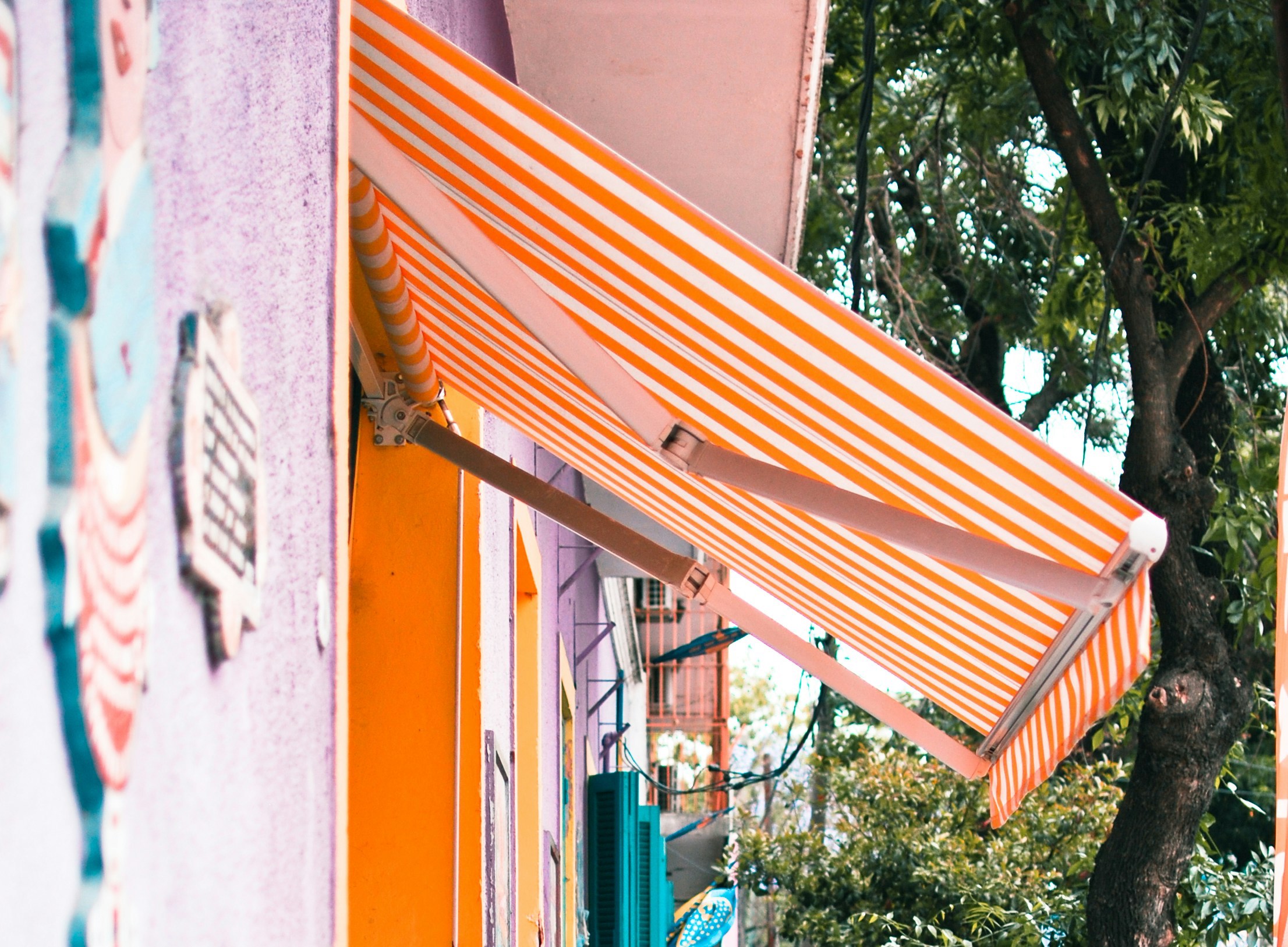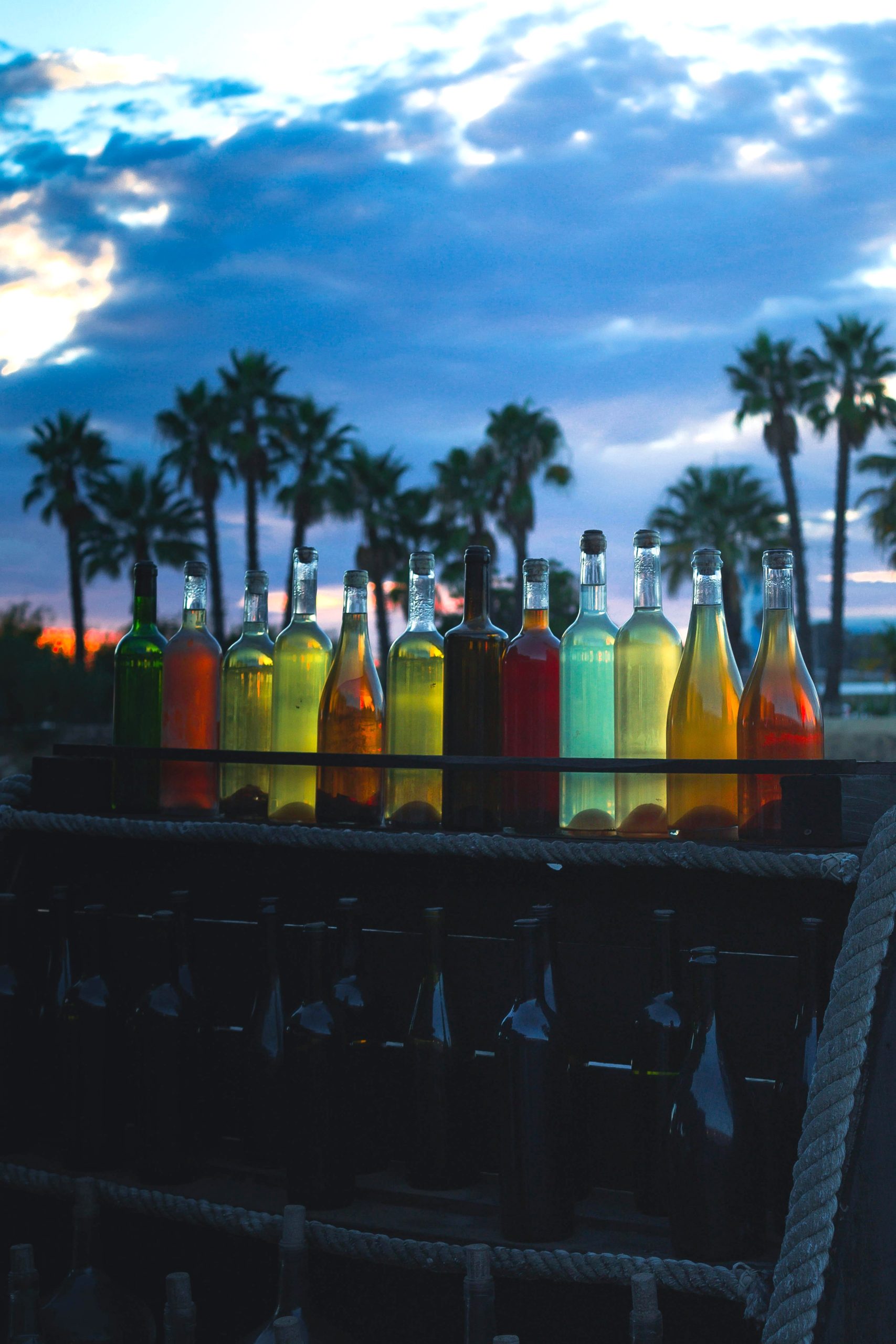okey-panky
Haunted Servitude on a Cruise Ship
“Below,” an essay by Kira Malko

Haunted Servitude on a Cruise Ship
The part of a cruise ship that is under the water line is called “below,” and everything that is upwards is called “above.” Two different worlds inside a huge body. Once you get inside this huge white shining girl, your own world suddenly gets its particular dimensions: its height is 19 decks (there is no 13th, of course), length — 1,083 feet, weight — 143,724 GT.
Countless doors, stairs, twists and turns, and a single throughway, the 4th deck that separates “below” and “above,” and connects bow and stern. You can cross the ship through that highway called M1, and you can get anywhere from there through the numerous doors on both sides of it. The main gangways are there, and that M1 is where the lowest illuminators are.
Below are mechanical rooms, electrical rooms, engine rooms, laundry, tailor’s shop, crew cabins, and no illuminators. Circuits and mechanisms; pumps and drives; propellers and thrusters; broken garments and broken hearts; fixed garments and non-fixable hearts; dirty laundry and dirty secrets; clean and pressed laundry, and unpurified, messy truths; love and hatred; brutal lies and touching revelations; orgasms and fights; gossip and tattle; whispers and shouts; break-ups and make-ups; vows and betrayals. Everything that keeps the ship moving is below.
Above is the playground, the display, the stage where the fascinating show runs called Happy-To-Be-A-Crew-Member. It is where crew members get, and passengers give. Money. It is where passengers get, and crew members give. Perfect service. Food. Entertainment. Crew members make passengers’ dreams come true. Smiling. Joking. Serving. Months without a vacation. Hoping to make their own dreams come true some day. Everyone gets what they come for. They consume each other, they leave their prints on the ship’s skin, and they don’t leave any trace in each other’s lives. They’re all being consumed by the ship. Every day, cruise by cruise, non-stop. Turnaround day turns into a new one, each cruise turns into a new one, just the same. Tons of food being thrown every day down to feed fish. Tons of food. Tons of shit. Everything goes below, and down, and out into the ocean.
The ship recycles crew members and passengers. She spits them out on turnaround days, their fingerprints erased, their words dissolved, their emotions dismissed. She empties herself, getting ready to consume new joiners, to do with them all just the same. She does with them “what spring does with the cherry trees” but in a cruise ship way.
Once you get behind these walls, once you’ve given your passport to some officer with a glossy smile and Italian accent and got your crew member’s ID, you can be your true self in here. Or you can be the opposite. You can be whoever you want. No one cares as long as you have your name tag and cruise pin on the left side of your breast. You are what is written there. A buffet steward, a waiter, a supervisor, a cook, a cabin attendant, whatever. What’s behind your name tag, cruise pin, and your courteous smile — doesn’t really matter. Light makeup, hair done in a neat knot — if you’re a female crew member; perfectly shaven face and short haircut — if you’re a male. Clean, tidy uniform, no alcohol or cigarette fumes but no explicit perfume either, no suffering or longing of any kind in the eyes, no visible tattoos — for both male and female crew members. You are a walking light tidy odorless smiling courtesy. No one looks you in the eye — they look at your name tag. You are surrounded by fleeting people who don’t give a damn about you, as long as you do your job properly. And very soon you learn not to give a damn either.
What happens on the ship stays on the ship. If you’re married on land, you can be single again here. If your partner finished their contract and went home, you can find another one among new joiners. If you have kids to take care of, you are free from all obligations, just keep sending money. If you’re shy, you can be daring. If you’re lonely on land, you can find yourself any sort of company here. If you’re in the closet, you can come out in here. If you want solitude, you can be lonely — no one cares. You can do whatever you want each contract, each ship.
Once you step over the gangway, you start counting days of your life. Counting down until the end of the contract, and then counting down the days at home until a new ship. You call ship life “shit life,” but you keep living it. Someone tells you when you are allowed to go out, when you are allowed to eat, sleep, pee, puke, or whatever. Months without a Saturday — six if you are European, nine if you are Mexican, Filipino, Indian, or Indonesian. You stop seeing the difference between yourself and other nations, you only see the difference in uniforms, but your inequality is safely recorded in your contracts — in the Term of a Contract and Salary columns.
You can extend or you can reduce your contract. But you need to have a substantial reason for that. And you don’t.
And then you come back home for your two months vacation. You can extend or you can reduce. But you need to have a substantial reason for that. And you don’t. So you count days to your next contract. You can’t sleep till noon like you were dreaming of doing while you were on the ship. You wake up at 6 a.m. because of the sunlight coming from the window. You didn’t have a window for months, you would wake up under water. You hear birds sing, and dogs bark, and brakes creak, and kids scream outside. It is all so loud, and so much of it. So you can’t sleep.
You are constantly hungry, because you need to cook and wash up now, or you need to think where and what to eat, and you are too lazy to do that. You didn’t think about that for months, you had all you needed at crew mess to keep you alive.
You have plenty of time but you don’t know what to do with it. You can go anywhere but you don’t know where to go. Your course was set by somebody for months, your schedule was made by Assistant Maitre D’, your breaks were defined, and you didn’t have many choices. You start thinking that that was the freedom. Freedom from choice.
Your apartment is a mess because there are no Crew Rounds to check on your tidiness. You’re a total mess. You need your cabin boy to have that all done for 10 bucks per cruise. Your hair is a mess, because you don’t know how to do it if not in a neat knot, and no one forces you to do it a neat knot for now.
You stare at people’s breasts, looking for their name tags. Who are they if they don’t have it defined on their name tags? And who are you?
You wander around like a ghost. It is so hard to take your course if it’s not set by someone. You were moving to your particular destination at a speed of 22 knots for months, and now … now you just drift. You are already not the one you used to be, and you are not yet the one you want to be, whoever that person is. And that point, that ideal you, seems so distant and so blurred, and it seems you’ll never reach it. Because it’s shaken and shifted too often and too much, like a ship may be shaken in a few storms during a 5-day Hawaii to Catalina crossing.
You meet your friends, they laugh, make jokes, talk about the times they had when you were away. You have your stories as well, but these people are not part of them, and you are not part of their stories anymore. They have land stories, and you have sea stories — their edges slightly contact but never mix up. They are not your people anymore. You are surrounded by fleeting people wherever you go.
You’ve been everywhere, and you end up nowhere. You are in a temporary place, in the middle of waiting — wherever you go. Your suitcase is your most constant companion. The place that used to be your home now is just another port where you have some more overnights than in other ports. You can drop anchor here and settle here again, but you need a substantial reason for that. And you don’t have it.
So yeah, you actually count days to your next contract, to a new round of your shit ship life, because once you get “below,” from then on you will be suffocating on land, and crave a breath under the water line.
ESSAY: Consumption by Elissa Washuta








